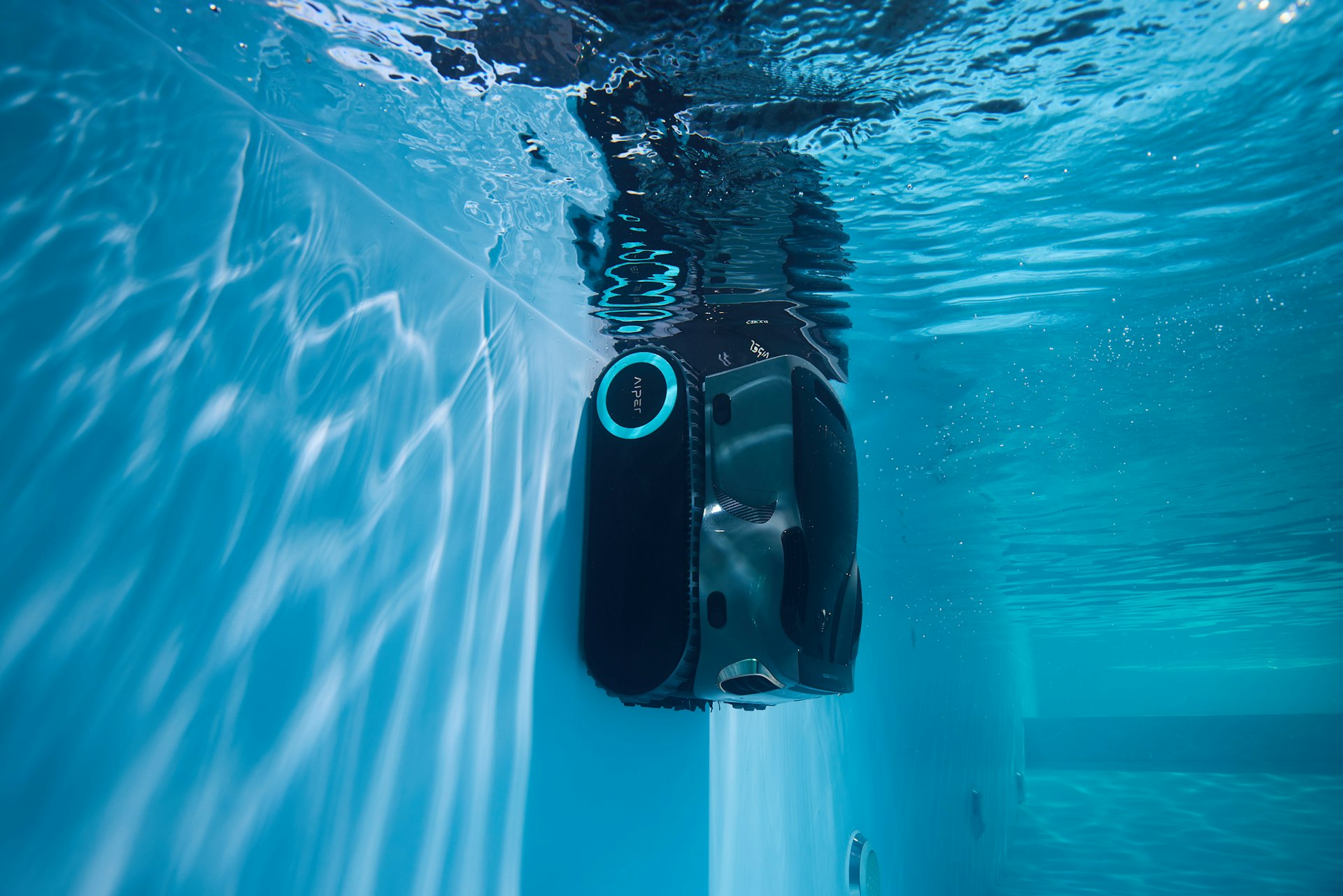How Artificial Intelligence is Transforming Drug Discovery: Opportunities, Implementation, and Challenges

Photo by Lucas Vasques on Unsplash
Introduction
Artificial Intelligence (AI) is revolutionizing the pharmaceutical industry, fundamentally changing how drugs are discovered, tested, and brought to market. Traditional drug discovery is often slow, costly, and fraught with high failure rates. By integrating AI-driven methodologies, organizations can accelerate the identification of promising compounds, optimize clinical trial design, and unlock new opportunities for precision medicine. This article explores the critical role of AI in drug discovery, provides detailed guidance for accessing AI-powered services, and examines both the benefits and challenges of implementing these technologies.
Understanding AI’s Impact on Drug Discovery
AI leverages machine learning algorithms, data analytics, and natural language processing to process vast datasets that would otherwise be unmanageable by human researchers alone. These technologies enable researchers to:
- Identify novel drug candidates in a fraction of the time required by traditional methods.
- Predict efficacy and toxicity of compounds, reducing the number of candidates that fail in late-stage trials.
- Optimize preclinical and clinical testing, resulting in significant cost reductions and increased precision.
For example, AI-powered algorithms have successfully identified new compounds for cancer treatment and antibiotics that are effective against resistant bacteria. In one pioneering effort, machine learning analyzed over 100 million molecules to discover a novel antibiotic capable of combating tuberculosis and untreatable strains [1] . Similarly, AI-driven approaches have expedited the discovery of COVID-19 treatments by rapidly screening and optimizing candidate molecules [1] .
Key Applications of AI in Drug Discovery
1. Virtual Screening and Molecular Property Prediction
Virtual screening uses AI to sift through vast chemical libraries, predicting which compounds are most likely to interact with biological targets. Machine learning models, such as random forest and deep neural networks, are central to this process. These models predict molecular properties, drug-target interactions, toxicity, and drug-induced liver injury, significantly reducing the experimental workload [3] .

Photo by National Cancer Institute on Unsplash
2. De Novo Drug Design
AI-driven drug design involves generating new molecules with specific, desirable properties. Generative models can propose chemical structures that meet predefined criteria, such as high stability or low toxicity, streamlining the design phase and increasing the likelihood of success [3] .
3. Target Identification and Validation
AI systems analyze complex multi-omics data to identify new disease targets and biomarkers, facilitating the discovery of lead compounds. Large language models (LLMs) are increasingly used to predict protein structures and attributes, making it easier to design antibodies and other biologics with optimal characteristics [4] .
4. Clinical Trial Optimization
AI can optimize the design and recruitment for clinical trials by predicting patient responses and identifying suitable candidates. This approach increases the success rate of trials and reduces time-to-market for new therapies. A recent study found that AI-discovered drugs in phase 1 clinical trials have a higher success rate (80-90%) than those developed through traditional methods (40-65%) [2] .
Real-World Examples and Case Studies
AI-driven drug discovery has already produced several notable successes:
- Novel cancer therapies have been identified using deep learning models trained on large datasets of known compounds [1] .
- AI enabled the rapid discovery of potent inhibitors for targets like MEK (cancer) and beta-secretase (Alzheimer’s disease) [1] .
- MIT researchers discovered a new antibiotic, halicin, using AI tools to screen chemical libraries, demonstrating the potential of AI for combating antibiotic resistance [3] .
- Life sciences companies like AbbVie are using LLMs to predict antibody structures, enabling more targeted and efficient biologics development [4] .
How to Access AI-Powered Drug Discovery Platforms and Resources
If you’re interested in leveraging AI for drug discovery, you have several pathways:
- Partner with established pharmaceutical firms or biotech companies that have integrated AI into their drug development pipelines.
- Explore collaborative opportunities with academic institutions conducting AI-driven research. Many universities offer technology transfer programs and joint ventures.
- Contact leading AI drug discovery startups, such as those featured in high-profile case studies. Search for “AI drug discovery companies” to find recent entrants and established players.
- Attend industry conferences and expert panels hosted by organizations like The New York Academy of Sciences, which regularly feature discussions on the latest AI developments in pharmaceuticals [2] .
For direct access to AI-powered tools, consider searching for online platforms that provide virtual screening, molecular modeling, or multi-omics analysis capabilities. If uncertain about specific providers, use search terms such as “AI drug discovery platform” or “machine learning drug development tools” in combination with your therapeutic area of interest.
Implementation Guidance and Step-by-Step Instructions
Implementing AI in your drug discovery workflow requires careful planning:
- Define Objectives: Clarify whether you seek to accelerate compound identification, optimize trial design, or improve prediction accuracy. Document the specific outcomes you want to achieve.
- Assess Data Readiness: Compile and curate high-quality datasets relevant to your target disease or compound class. Data integrity is essential for effective AI training.
- Select the Right Tools: Evaluate available AI platforms, considering factors such as scalability, ease of integration, and support for your data formats. Consult peer-reviewed case studies for recommendations.
- Build Partnerships: Collaborate with organizations that have established AI infrastructure. This can reduce upfront costs and streamline onboarding.
- Pilot Projects: Test selected AI tools on a small subset of your pipeline. Monitor outcomes and refine models as needed.
- Scale Gradually: Once validated, expand AI integration across more stages of your workflow. Track key performance indicators to ensure continuous improvement.
If you lack in-house expertise, consider training programs, online courses, or hiring consultants specializing in AI-driven drug discovery.
Challenges and Solutions
While AI offers transformative benefits, several challenges remain:
- Data Quality and Quantity: AI models require extensive, high-quality datasets. Incomplete or biased data can yield unreliable predictions. Solution: Collaborate with institutions or consortia to access comprehensive datasets, and invest in robust data curation.
- Interpretability: Complex AI models, especially deep learning, may lack transparency. Solution: Use explainable AI frameworks and demand clear documentation from vendors.
- Regulatory Compliance: Integrating AI into regulated environments demands adherence to guidelines. Solution: Consult regulatory agencies early and engage legal experts to ensure all processes meet industry standards.
- Talent Shortage: There is a global shortage of AI-skilled professionals in pharmaceuticals. Solution: Invest in workforce development and leverage external partnerships.
Alternative Approaches
Not all organizations can immediately implement AI at scale. Alternative strategies include:
- Using open-source machine learning libraries (e.g., TensorFlow, PyTorch) for custom model development.
- Partnering with contract research organizations (CROs) that offer AI-driven services.
- Participating in public-private partnerships and consortiums focused on AI in healthcare.
Future Outlook and Key Takeaways
AI is poised to continue transforming drug discovery, driving faster development, lower costs, and more effective therapies. As adoption grows, researchers and organizations must remain agile, invest in data infrastructure, and prioritize transparency. By following the practical steps outlined above, you can position your team to harness the full potential of AI in drug discovery.
References
- [1] PMC (2023). The Role of AI in Drug Discovery: Challenges, Opportunities, and Case Studies.
- [2] ACCC Cancer (2024). Harnessing Artificial Intelligence in Drug Discovery and Development.
- [3] Oxford Academic (2022). Artificial Intelligence in Drug Discovery: Applications and Techniques.
- [4] AbbVie (2024). Three Ways AI is Changing Drug Discovery at AbbVie.
MORE FROM oncecoupon.com













